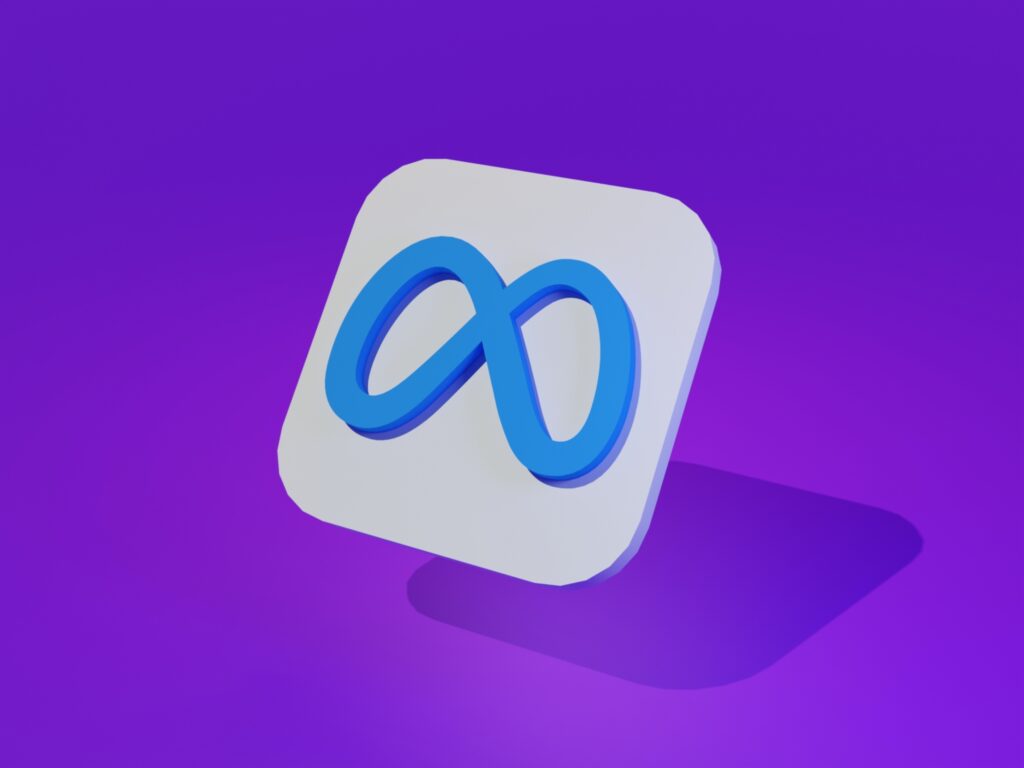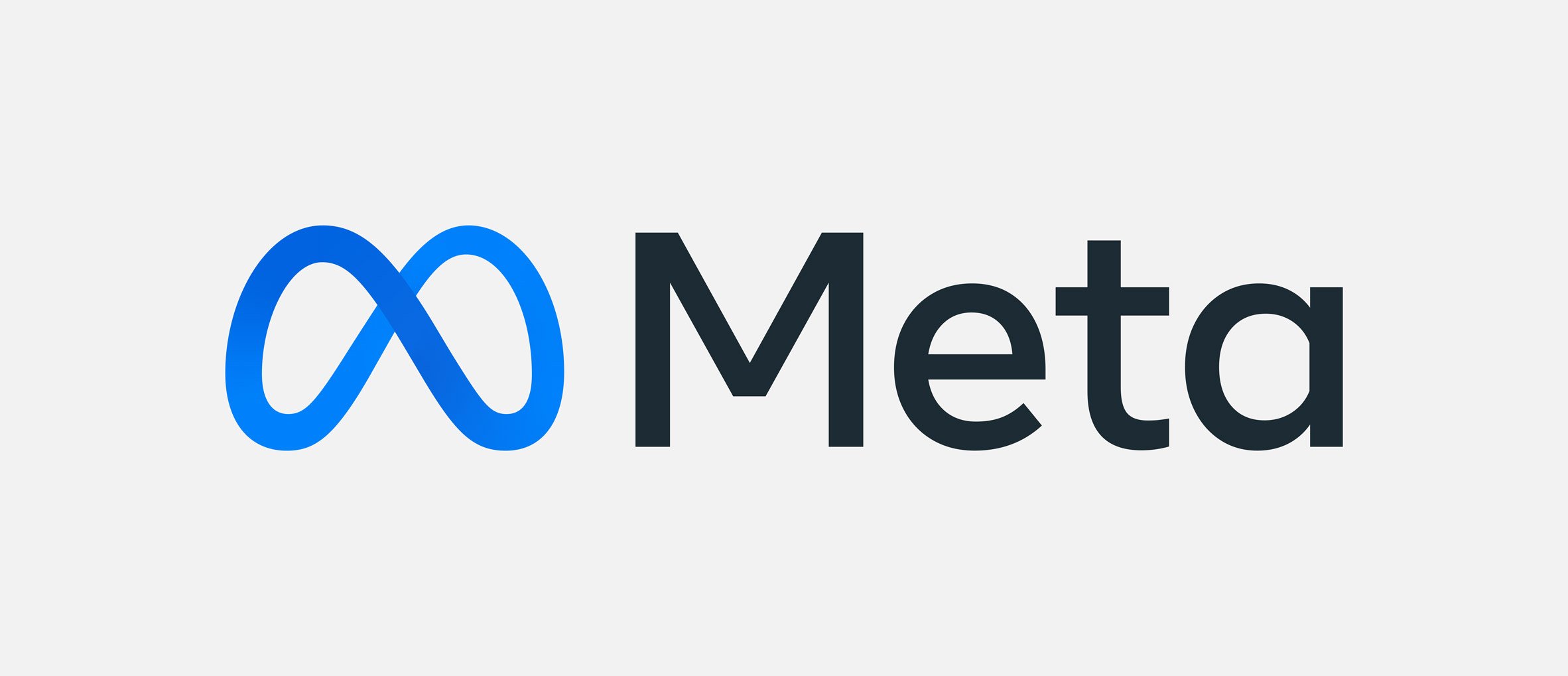Meta has reportedly broken up a 300 person team that was tasked with working on an Operating System for AR/ VR headsets. They moved some of the teams working on glasses and headsets as Meta has halted work on the project creating a unified OS for VR/ AR headsets.
Many reports surfaced in January saying that Meta was canceling the XROS (XR is a term for AR and VR combined) After the reports did come out, Reality Labs VP Gabriel Aul Said that the company was growing their team, not shrinking it While also saying they were working on a specialized OS for XR. A MOVE FROM “A HIGHLY SPECIALIZED OS” TO “SOLUTIONS THAT ARE HYPER-TUNED FOR EACH PRODUCT LINE”

All of this is happening while Meta is hoping to speed up the development of solutions that are hyper-tuned for each product line. Metal’s current approach prioritizes each team’s operating systems, customization for their Projects instead of a centralized team and new software program. Many engineers from the XROS team are designed to teams working on AR Glasses, Quest VR headsets, and other XR technology involving hand and eye-tracking through computer vision.
This specific restructuring comes as Meta works on changing its image overall — the obvious example is its recent name change to signify a focus on “the metaverse” and plans for a virtual world that heavily involves VR and AR products. The company also recently updated its values, telling employees they should “move fast together” and “focus on long term impact.”

Currently, headsets like the Oculus Quest 2 use an operating system based on Android. At the moment it isn’t clear what future headsets like the upcoming “Project Cambria” will use — but given what seems to be happening to the XROS team, it seems unlikely that we’ll see a brand-new OS unveiled with Meta’s next generation of VR headsets. Right now, headsets like the Meta Quest 2 use an OS based on Android and it’s not clear what the future headsets from Meta like the project Cambria that is in the making will be using, but according to what seems to be happening in the team, it seems unlikely that we will see a new OS run on these headsets.



